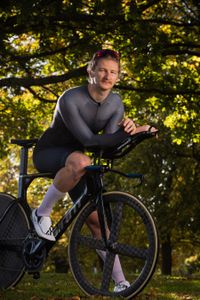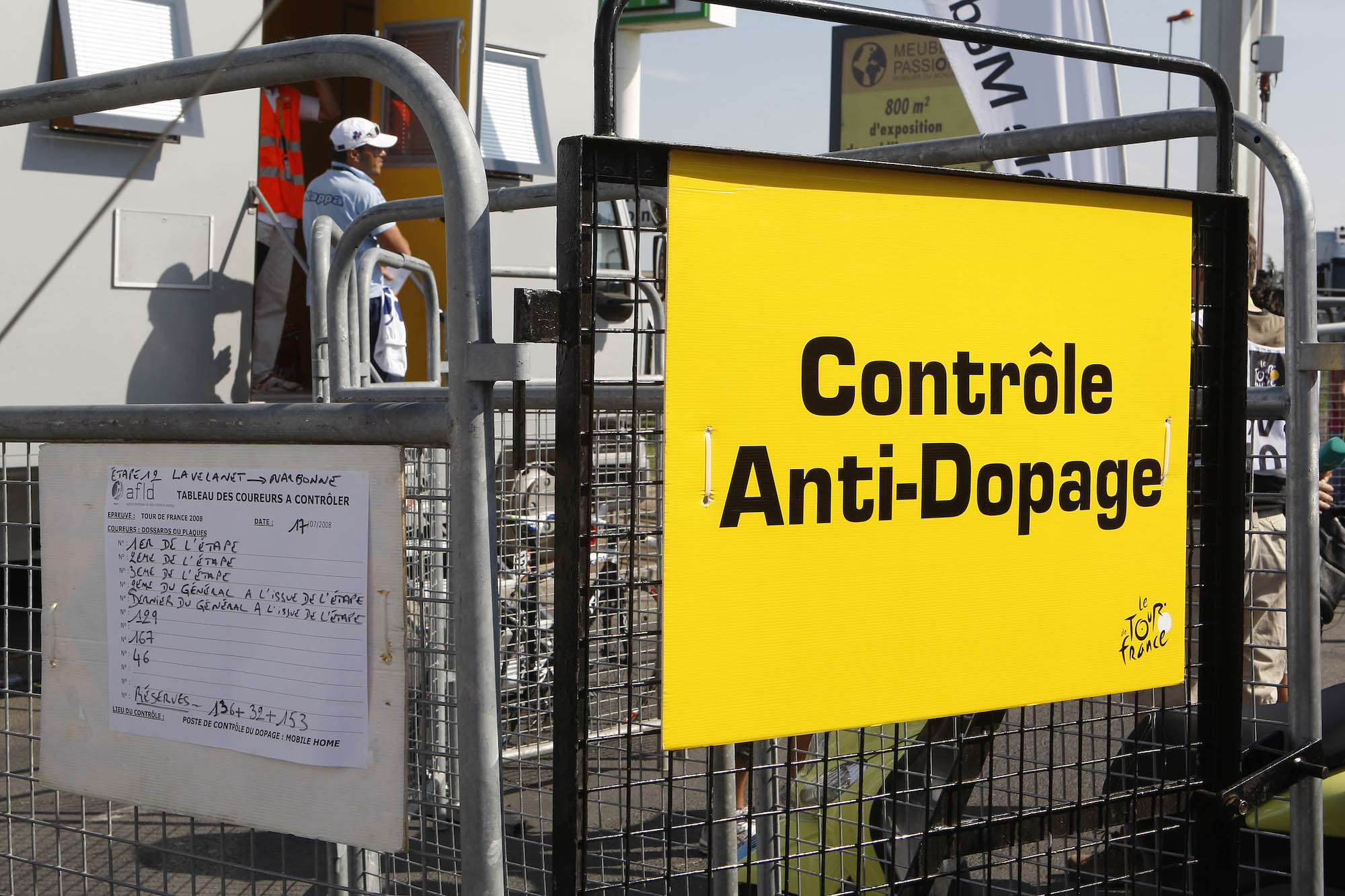New ‘ground-breaking’ test to catch blood dopers could be ready for Tokyo 2020 Olympics
The new method could be used to detect blood doping weeks or even months after it has taken place


The latest race content, interviews, features, reviews and expert buying guides, direct to your inbox!
You are now subscribed
Your newsletter sign-up was successful
A new “ground-breaking” doping test that can catch blood dopers weeks or months after a transfusion could be used at the Tokyo 2020 Olympic Games.
President of the International Olympic Committee (IOC), Thomas Bach, has revealed that a revolutionary gene-based test could be ready for use at the Olympics next year, which he hopes will act as a deterrent for cheats.
The new analysis would be a welcome tool in the fight against doping after the revelations surrounding the Operation Aderlass blood doping ring in Austria and Germany.
Police raids resulted in a number of professional cyclists being banned, despite having never tested positive.
In his address to the Wold Conference on Doping in Sport, held in Katowice, Poland on Tuesday (November 5), Bach said: “With research on genetic sequencing progressing well, this new approach could be a ground-breaking method to detect blood doping, weeks or even months after it took place.
“If approved by WADA [World Anti-Doping Agency], such new gene testing could be used already at the Olympic Games Tokyo 2020.
“These new methods will again strengthen deterrence. We want the cheats to never feel safe, anytime or anywhere.”
The latest race content, interviews, features, reviews and expert buying guides, direct to your inbox!
Research into the new gene test has been spearheaded by Yannis Pitsiladis, a professor of sports science and genetics at the University of Brighton, who sits on the International Olympic Committee’s medical and scientific commission.
Professor Pitsiladis, who has been researching the new method since 2006, says that by identifying changes to the body’s genetic signature caused by blood doping, authorities can identify the cheaters.
This method is expected to work for both blood transfusions and the use of blood boosters like EPO.
Professor Pitsiladis has been able to identify which genes are “turned on” when blood has been manipulated while testing a group of volunteer amateur athletes.
The IOC and WADA have also invested in the Dried Blood Spot method of dope testing, which involves analysing a drop of dried blood on filter paper, rather than the usual urine or blood samples, and allows for cheaper transport and storage with less sample degradation.
Alongside these new testing methods, the IOC also wants to increase focus on athletes’ entourages in doping cases, punishing the staff around the athlete involved.
>>> Fancy Bear hackers target anti-doping agencies ahead of Tokyo 2020 Olympics
Bach added: “Whether it was the systemic manipulation of the anti-doping system in Russia, or the investigations around 'Operation Aderlass', or the most recent allegations against a coach of the former Nike Oregon Project – all these cases, as different as they are, highlight the urgent need to focus much more on the athletes’ entourage.
“We need zero-tolerance for everybody: athletes and entourage.
“This means that for each doping case, we have to identify everybody who is implicated. We cannot just sanction the athlete and let the others go. This is a question of credibility and justice."
Alex Ballinger is editor of BikeBiz magazine, the leading publication for the UK cycle industry, and is the former digital news editor for CyclingWeekly.com. After gaining experience in local newsrooms, national newspapers and in digital journalism, Alex found his calling in cycling, first as a reporter, then as news editor responsible for Cycling Weekly's online news output, and now as the editor of BikeBiz. Since pro cycling first captured his heart during the 2010 Tour de France (specifically the Contador-Schleck battle) Alex covered three Tours de France, multiple editions of the Tour of Britain, and the World Championships, while both writing and video presenting for Cycling Weekly. He also specialises in fitness writing, often throwing himself into the deep end to help readers improve their own power numbers. Away from the desk, Alex can be found racing time trials, riding BMX and mountain bikes, or exploring off-road on his gravel bike. He’s also an avid gamer, and can usually be found buried in an eclectic selection of books.
